Search
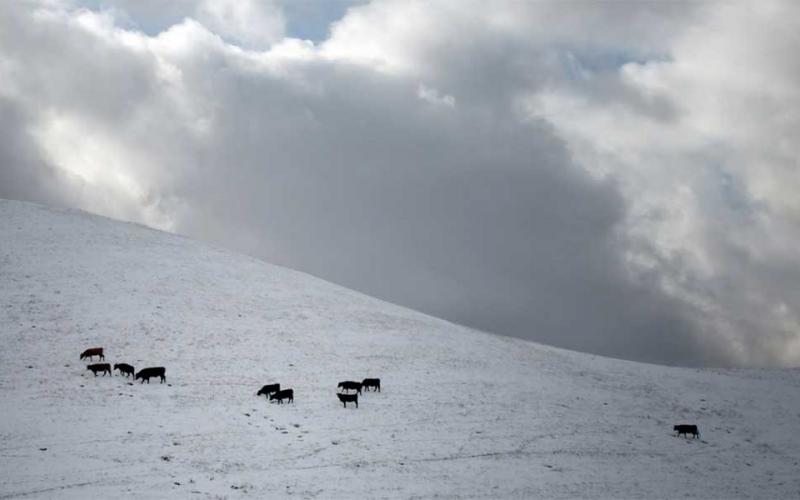
Rotational Grazing During Winter
Winter feed represents one of the largest costs for a livestock production enterprise. Grazing pasture that has been stockpiled for winter use is a rational alternative to limit costs resulting from both harvest and feeding of hay.

Getting Ready for Winter on the Range
During periods of summer and fall drought, winter grazing opportunities may be limited or not available at all. Ranch managers must ensure that enough residual plant height and vegetation cover of the soil surface is available through the winter to aid in recovery of the rangeland.
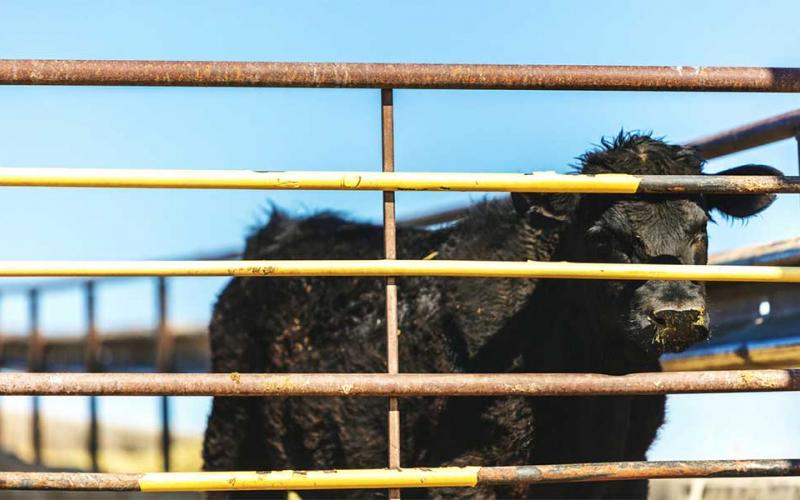
Mycoplasma Bovis in Feedlot Cattle: Why It’s Different and How It Causes Illness
Mycoplasma bovis is widely distributed throughout feedlot cattle populations. The insidious nature of Mycoplasma infections, and their ability to become well-established by the time they’re observed, create challenges for treatment and prevention.
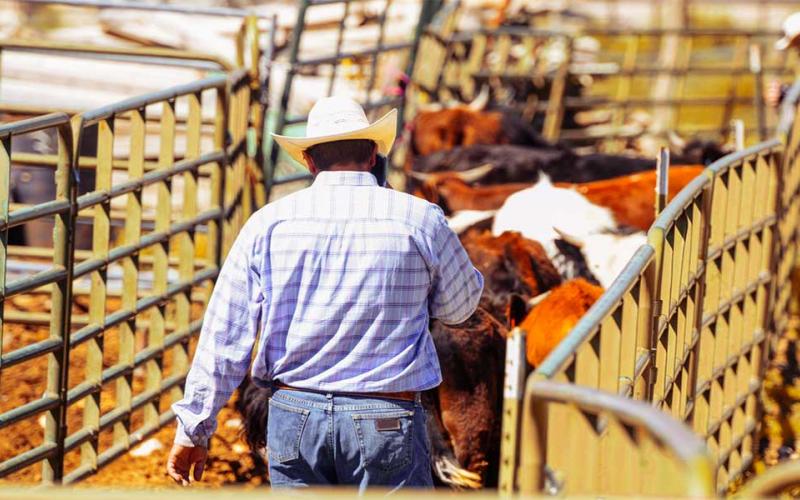
Mycoplasma Bovis in Feedlot Cattle: Treating and Controlling Infections
Mycoplasma bovis is a challenging component of respiratory disease in feedlot calves. Understanding the factors that help it become established is a good first step in formulating a plan with your veterinarian to help diminish its impact on health and productivity.
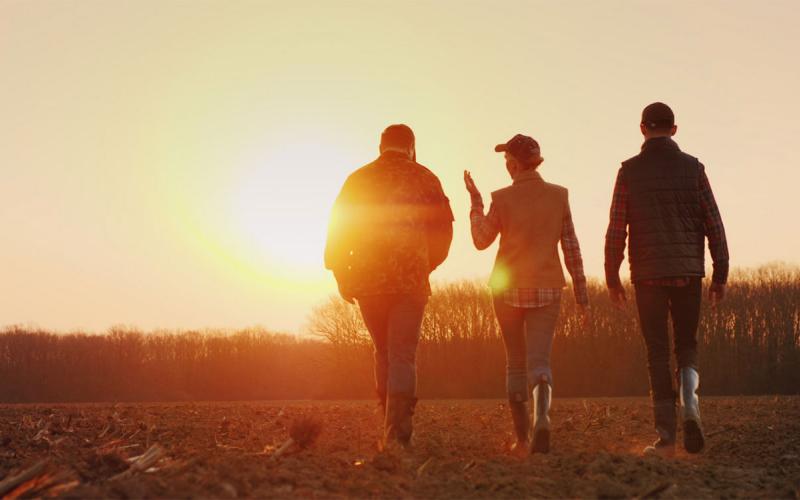
It’s Okay to Not Be Okay: Farm Stress Assistance in South Dakota
If you are experiencing farm stress or want to help others who are experiencing farm stress, organizations have expanded efforts across South Dakota. Learn about some available resources for seeking assistance.
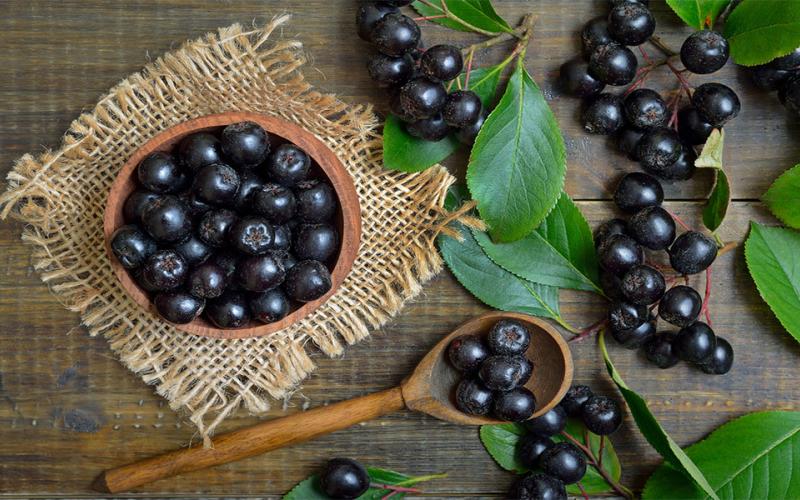
Make Aronia Berries a Part of Your Healthy Diet
Aronia berries, or chokeberries, contain lots of antioxidants, which are important, because they help reduce or prevent cell damage. They are also a great source of fiber, vitamin C, manganese, zinc, potassium and more.
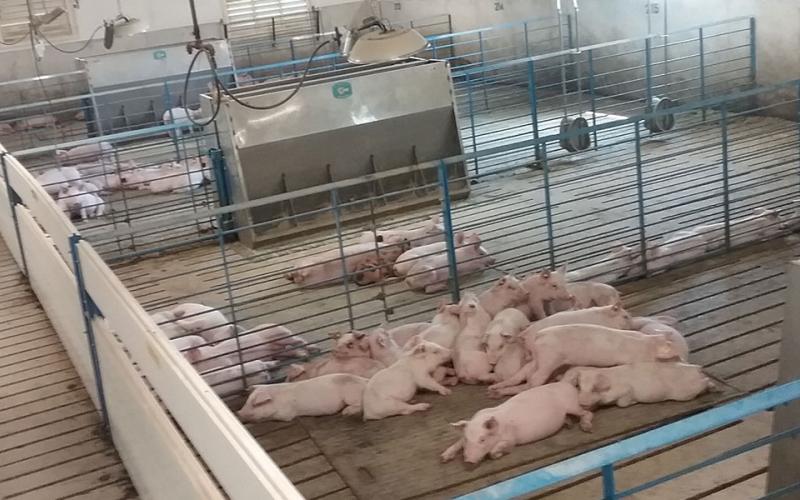
Wean-To-Finish Heating for Newly Weaned Pigs
Newly weaned pigs have some special considerations when it comes to heating. The environmental conditions during this period can have a direct effect on the long-term health of pigs.
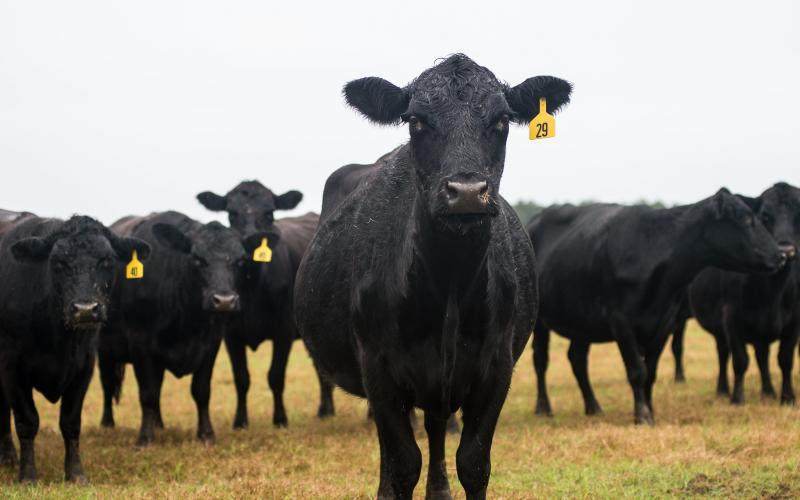
Detection of Standing Estrus in Cattle
Fact sheet to help with the detection of standing estrus in cattle. Available in English and Spanish.
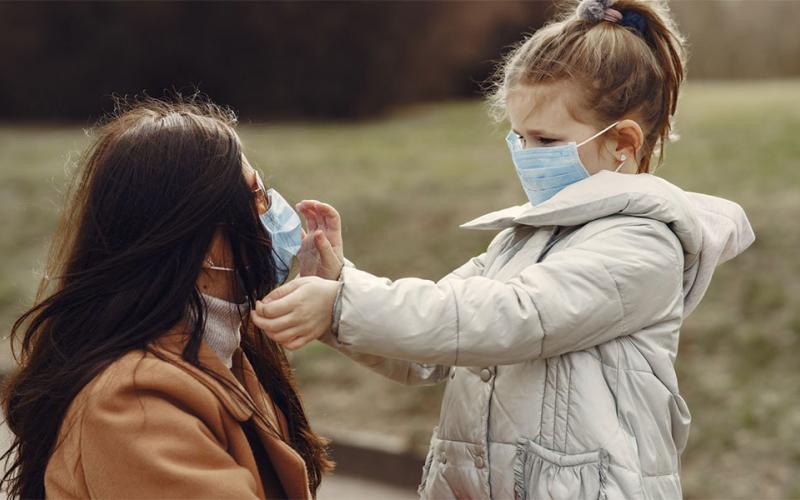
Helping Kids Deal With Change
As we are all going through these times of change and uncertainty, remember to talk to your child or children in your care and don’t just avoid the behaviors.
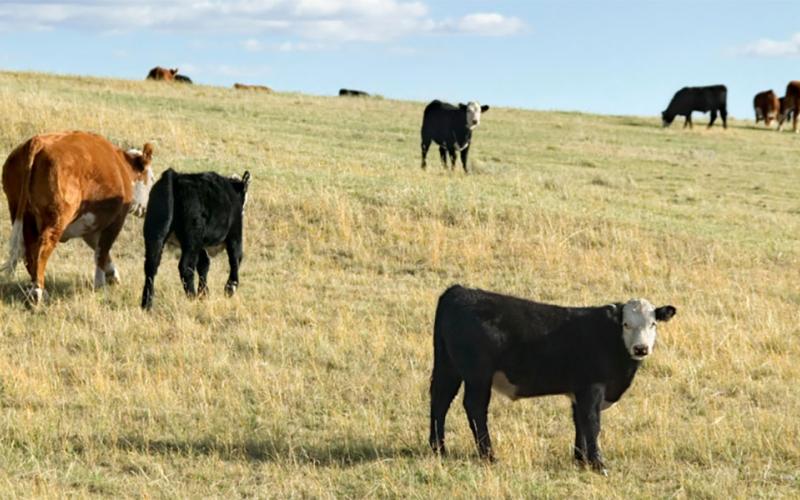
Barriers To Rotational Grazing: Perceptions From Ranchers in the Dakotas
Despite the potential benefits of rotational grazing, its adoption rate has stagnated in recent years. To help understand major barriers faced by producers towards rotational grazing, we conducted a survey among ranchers in the U.S. Great Plains.